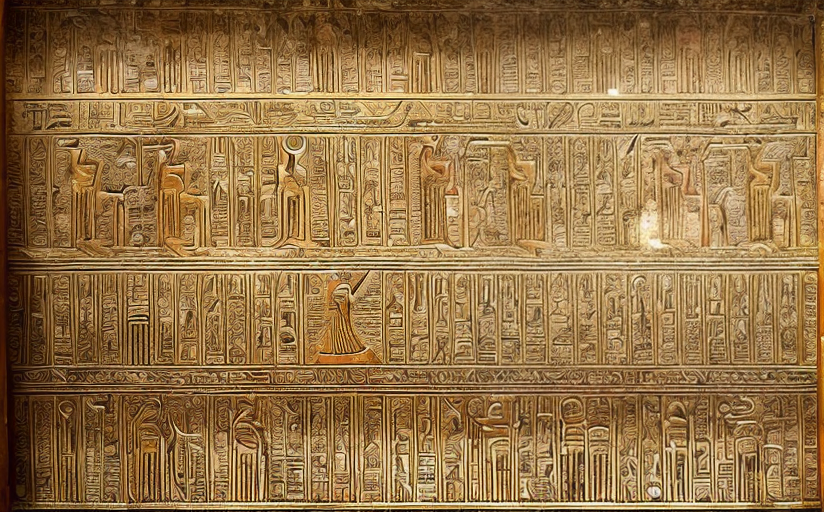The Intricate Relationship between Ancient Civilizations and Modern Literature
Introduction
Literature is a reflection of society; it depicts the ideas, norms, and cultures of the time. However, literature does not merely draw inspiration from contemporary life. It also frequently revisits and reinterprets the stories, myths, societal structures of ancient civilizations, melding the old with the new and continually reshaping literature as a result. These ancient themes enjoy enduring popularity in contemporary literary creations, revealing a profound influence of ancient civilizations such as Greece, Rome, Egypt, and Mesopotamia on modern literature.
Ancient Civilizations and Their Legacy in Modern Literature
There are myriad examples of books, plays, and poems that bear traces of these ancient footprints. For instance, William Shakespeare, one of the most renowned playwrights, drew heavily from ancient Roman history in his play Julius Caesar, reflecting on the political intricacies of the era.
Another classic example is James Joyce's Ulysses, a novel that uses the structure of Homer's epic Odyssey as a framework for its narrative. The Greek myth of Oedipus has been revisited countless times, most notably by influential playwright Sophocles in Oedipus the King and subsequently by modern psychologist Sigmund Freud in his theory of the Oedipus complex. The story of Gilgamesh from ancient Mesopotamia, often considered the first great work of literature, continues to be retold and reinterpreted in different ways.
Moral and Philosophical Resonance
Beyond the myth and structure, ancient civilizations have contributed significantly to themes, characters and narrative structures of modern literature. The moral, philosophical, and historical elements of these age-old civilizations continue to resonate with modern audiences. Works that explore hubris, fate, and mortality, themes commonly found in ancient literature, appeal to readers and audiences across cultures and epochs. The philosophical underpinnings of these ancient civilizations introduced concepts of humans' relationships with the divine, society, and the natural world. These foundational ideas continue to be reexamined in contemporary literature.
For instance, the values, norms, and sociopolitical structures in George Orwell's 1984 and Aldous Huxley's Brave New World can be traced back to philosophical insights of Plato and Aristotle. The exploration of power and corruption in these dystopian novels echo the narratives of grandeur, decadence, and downfall familiar to us from ancient history.
Conclusion
The cultures and histories of ancient civilizations continue to be reflected in the modern world through literature. Whether they are reimagining ancient stories or exploring enduring themes, contemporary authors honor the past and explore the present, revealing the reciprocity between the old and the new. Thus, as we delve into modern literature, we are not only engaging with the complexities of our current world, but we are also journeying into the depth of our collective past, as guided by the profound footprints of these ancient civilizations.




















Comments
Leave a Comment